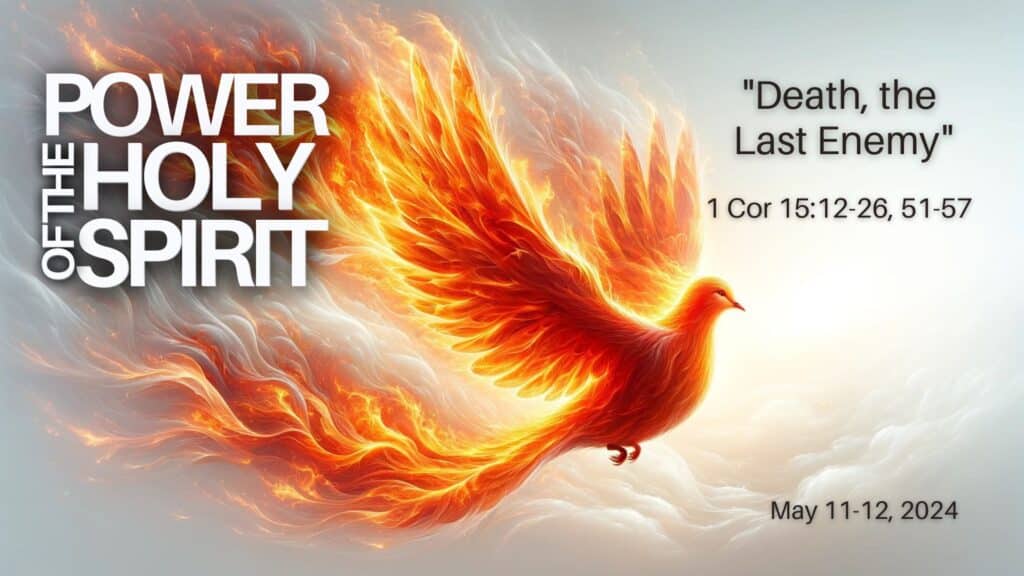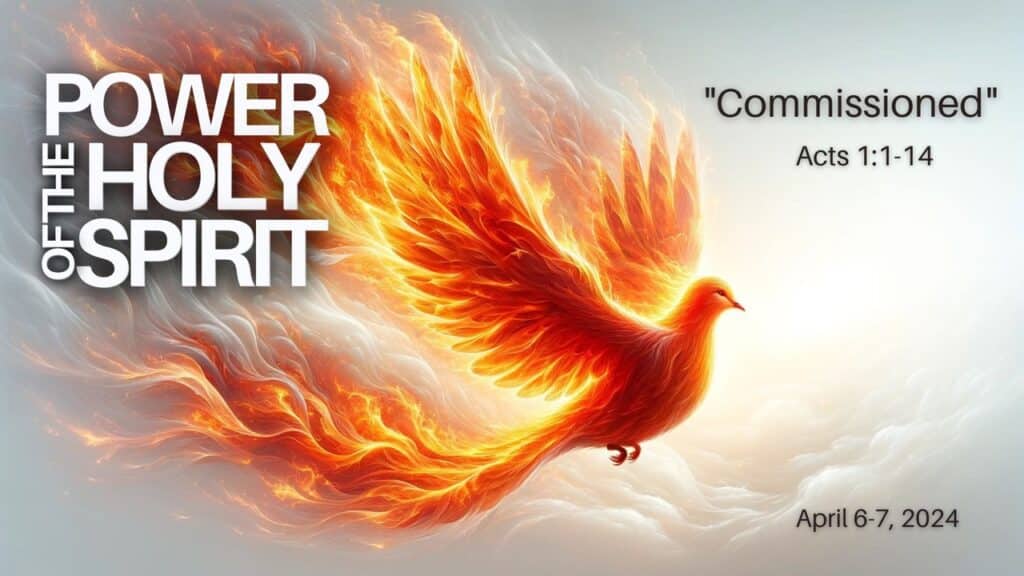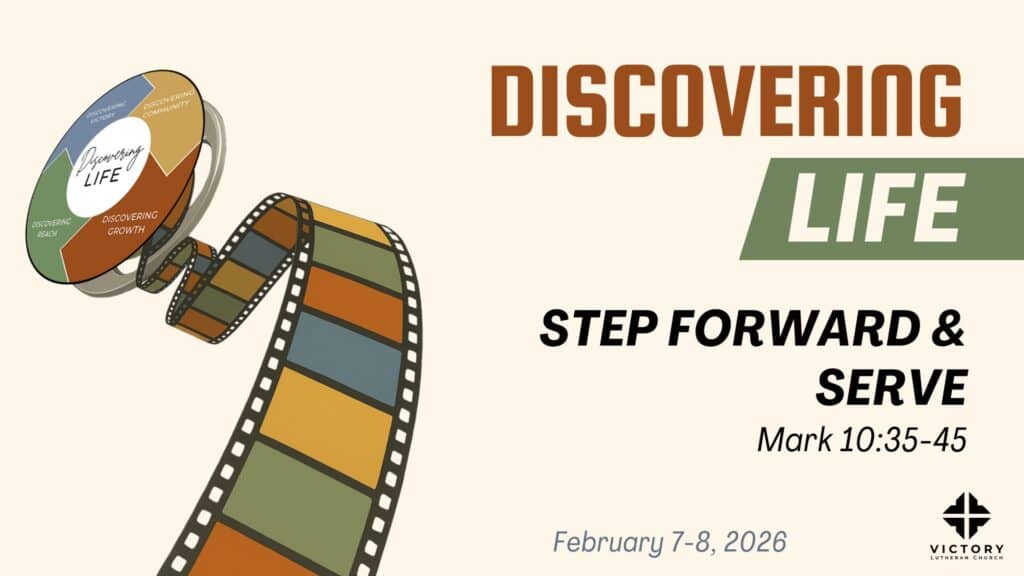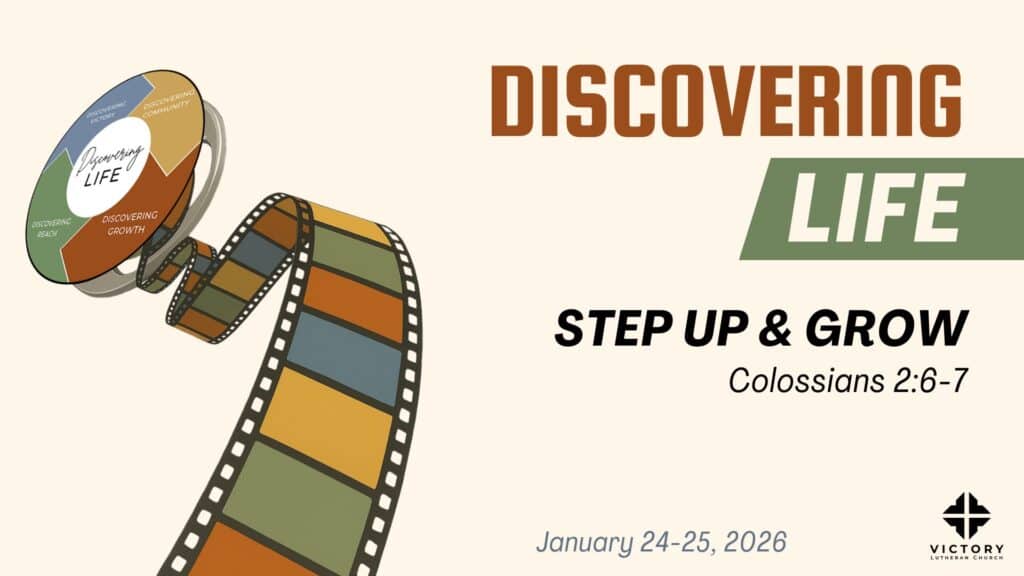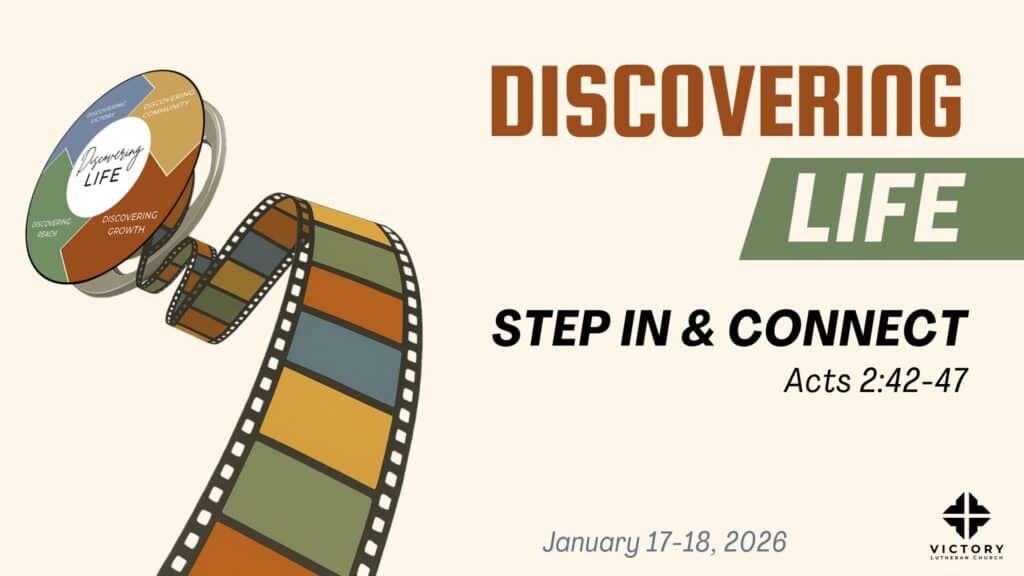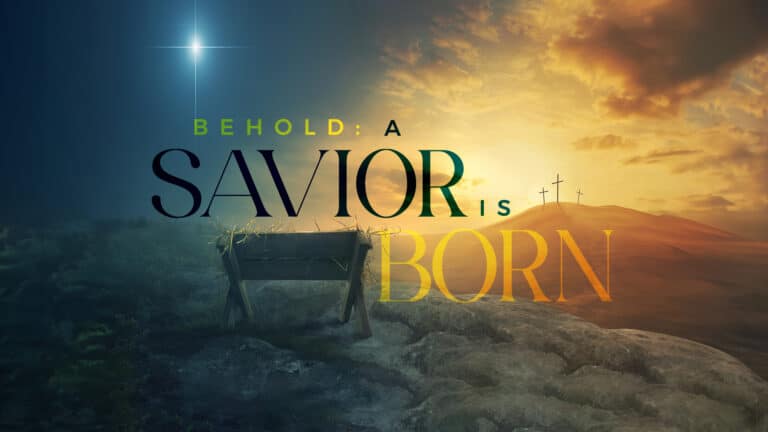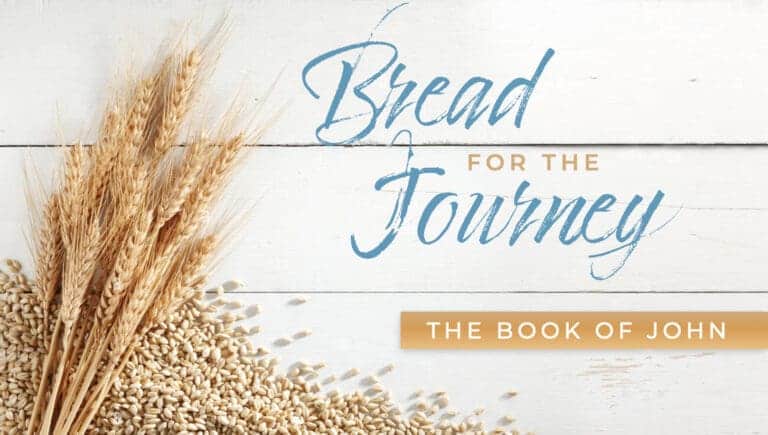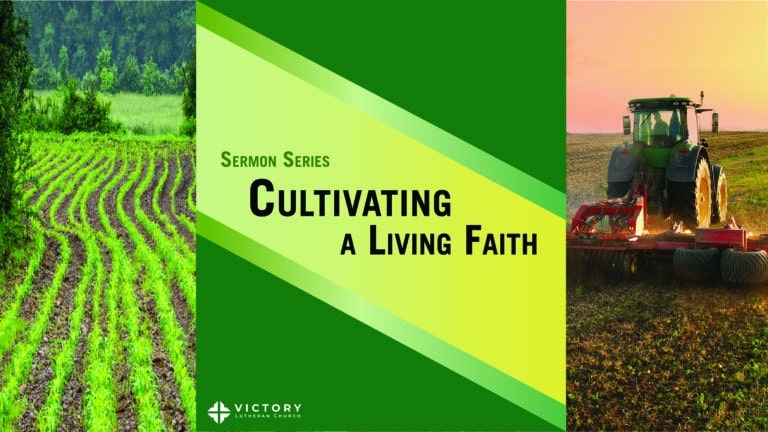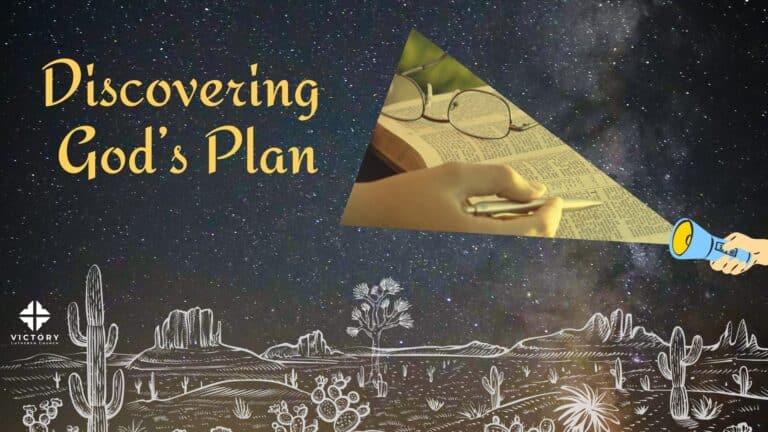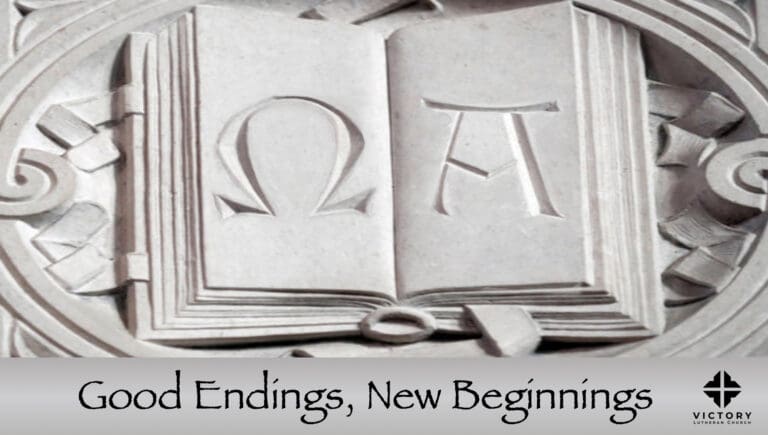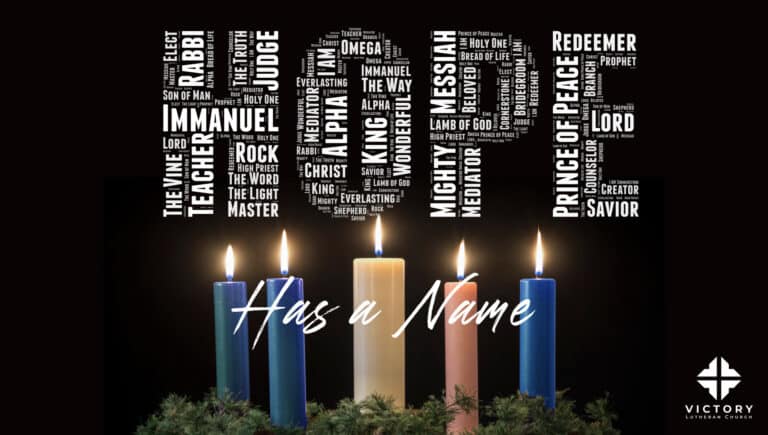The greatest is love, love, love. It’s what the world needs now. Love is all you need. Love me tender. Love me sweet. You see where I’m going with this? I just called to say I love you. I can’t help falling in love with you. Love, it’s a word that’s so often used and I think somewhat. carelessly bandied about somewhat frivolously today. We’ll say I love you to our spouse and then just a couple breaths later saying I love this pizza or I love this vacation spot or this song whatever it is. And sometimes language can blur the meaning of a word. I mean in English we have this word love but in our biblical text today and what Fred 1st John And by the way, we’re going to be in 1 Corinthians 13, the great love chapter. Um, there’s a different word that’s used there. There’s actually at least four different words in the Greek language in which the New Testament was written that gets translated just by this one English word. There’s Philia Love, City of Brotherly Love, from which the city of Philadelphia gets its name. There’s Storge, which is kind of an expansion on that. It’s like familial love. Love between, you know, parents and children, grandparents, family. There’s the Greek word, eros, sensual or passionate love, from which we get the word erotic. And then in our biblical text is this word agape. There’s no real English transliteration of it, but agape love at its core and heart is unconditional love, a love characterized by selflessness. Compassion, this unconditional care for the other. It’s a love that transcends personal interests and desires. Agape love seeks the well being and happiness of the other, regardless of the circumstance that they’re in at that time or the nature of the relationship itself. And is an unconditional love the kind of love we’d all want to receive? Or could I say love to receive? Pun intended. So if you have your Bibles or your devices, follow along with me in one Corinthians chapter 13. I’m gonna read just some straight on definitions of what love is. One Corinthians 13, beginning at verse four. Love is patient. Love is kind. It does not envy. It does not boast.
It is not proud. It does not dishonor others. It is not self-seeking. It is not easily angered. It keeps no record of wrongs. Love does not delight in evil, but rejoices in the truth. It always protects. Always trusts. Always hopes. Always. Love never fails. And now these three remain, faith and love. But the greatest of these. Let us pray as we continue. Thank you for your active and powerful word in the scriptures, living God. Showing that you are love. And showing us what true unconditional love is. Now, send your Holy Spirit and work in power within us, Holy Spirit, that we may see God’s love for us, be glad to be embraced by it, and then may it transform our lives to reflect your love to others around us. To the glory of Jesus, in whose name I pray, Amen. Dear friends, grace to you and peace from God our Father and our Lord and Savior Jesus Christ. Amen. You know, as a pastor, I’ve had the privilege of presiding at many weddings of wonderful couples. And yet, I think not a wedding ceremony goes by that I don’t think, I wonder if they really get what they’re promising, and I don’t think they really do. I mean, truth be told, I didn’t at my own wedding. I mean, think about the commitments that are made in common wedding vows. For better, for worse. For richer. Say it with me. For In sickness and in Till Do us part. Whoa! Come on. Those are huge commitments of permanent, unconditional love. Really tragically for many couples, once they experience the worse, poorer, or sickness part. of those lives, of a life, a married life, people are sorely tempted to break their vows or vacate their promises and abandon their loved one. It seems to me that today, often when people say, I love you, what they really mean is I like you, meaning their affection for the other.
It’s based on how that other person makes them feel or what they receive from the other. I think our culture commonly mistakes like for love. Falling in like typically involves this excitement that’s often a new connection driven by emotional attraction. It’s often spontaneously, spontaneous, always exhilarating. Focusing on the pleasure derived from the company of the other. And while enjoyable and thrilling, this type of affection is almost always temporary. And can change rapidly. It is not the kind of unconditional love we read about. For when the conditions are not met, well, the relationship is at risk. In contrast, agape love, described here in the Bible. It’s a love that transcends emotions. It encompasses a deliberate choice, a predisposition to prioritize the well being of the other above your own desires. And in a world where relationships falter at the first sign of hardship, agape love, it stands as a beacon of hope, a commitment to love, not just when it’s easy, but especially when it’s hard. Think with me on just the straight on way the Bible talks about what unconditional love really is. Love is patient, meaning it waits with unwavering endurance, bearing the burdens of the other without complaint or a desire to run away. Agape love is kind. It extends a gentle hand to the other when in need, offering compassion and understanding without conditions or expectations. It seeks to uplift and to comfort a weary soul. Agape love does not envy or boast. It does not seek its own glory. Instead, agape love rejoices in the successes of the other, finding joy in their achievements and blessings. Agape love is not proud or self seeking. It humbly serves, putting the needs of the other before its own, recognizing and validating the inherent worth and dignity of the beloved, treating them with respect, and thereby bestowing value upon them. Agape love is not easily angered, nor does it keep a record of wrongs. It forgives freely and fully, letting go of past hurts and grievances and embracing the grace of reconciliation, of healing and holding on to the promise and goal of restoration. And finally, Agape love always protects, always trusts, always hopes, always perseveres, never fails. It’s a beacon of light in the darkest of times. It’s a steadfast anchor. Amidst the storms of life, and is that not the kind of love with which we desire to receive? Is that not the kind of love that’s promised during wedding ceremonies? But ah, the prevailing sentiment and value in our culture is anything but unconditional love.
I’m reminded of um, a scene in a TV show called Ted Lasso. The opening episode in season three, there’s a favorite romantic couple in the show, Roy and Keely, and they’re about to break up and they got to sit down with Roy’s 10 year old niece and tell her that they’re splitting. And I found it strangely revealing how the writers wrote that scene for this 10 year old girl. Upon hearing the news, this niece, 10 year old niece, here’s it reflects a little bit. And then she goes, you know, I was four years old when my parents got divorced. And I guess one thing I’ve learned about life, it’s this. Nothing is permanent. A ten year old already being jaded about what true love is. It’s tragic. And yet, isn’t that an all too commonly held value and view in relationships today? Relationships are readily disposable. And in contrast to that stands agape love. Divine love with which we’ve been loved and then are called to love others. This agape love, it’s a worthy goal. And yet I would do you a disservice as if as your pastor they said, well, you got to go out, you got to love, you got to be patient, kind, etc, etc. Because if you’re at all like me, my own resources, my reservoir of unconditional love, it’s limited. I’m just being honest, but I don’t think I’m the only one in this room that might have that issue. Our human capacity to love unconditionally, it’s not limitless. And even our best efforts to consistently love the other unconditionally, our resolve can wear out over time and trouble. And we ultimately fail, often, to offer someone unconditional love. And this is where the power of the Holy Spirit is essential in the life of the Christian. That’s the series we’re in. We’re looking at love under the auspices of the power of the Holy Spirit. It takes a supernatural work, in other words, of the Holy Spirit. Produce divine love in our own lives. And when you reflect on the specifics of what agape love is, you know, it’s actually remarkably similar to elsewhere in the New Testament where the Bible talks about the fruit of the Spirit. Meaning, what a Christian’s life looks like when living in the power of the Holy Spirit.
It’s in Galatians 5, where the Bible says the fruit of the Spirit is love, joy, peace, forbearance, kindness, goodness, faithfulness, gentleness, and self control. Here’s some of those parallels with our text out of the love chapter. Check. Gentleness, self control. Faithfulness. Check, check, check. I mean, these are characteristics of the work of the Holy Spirit within the life of a Christian, producing a life in which the Christian treats others the same way that God has treated us. And what I have found is that to the degree that we abide in this agape love, we can find ourselves inspired and even strengthened to love others. Just as God has loved us, not just when it’s easy, not just when they’re lovable, but when they’re unlovable, when it’s challenging. And this understanding shifts our focus from seeking someone else to meet our needs to actively loving others just as God has loved us generously, completely, without condition. And by embracing, or maybe better put, being embraced, By this divine love, we are transformed from merely liking someone to genuinely loving them. And this love has the power to transform lives, to heal emotional scars, and to mirror God’s heart to a hurting world. I like to say to couples either in premarital counseling or in the ceremony itself, that abiding love, unconditional love, the love to which they are making promises and vows, It’s not so much about finding the right person as it is being the right person. And this all starts and it ends with God’s love for us. Listen to this remarkable insight that Fred read for us from 1 John 4 just a bit earlier. We love Him because He first loved us. In other words, God is the one who initiates. God is the active agent in demonstrating and giving unconditional love in our own lives. And then He is the one who gives us the power. To love others the same way. But the passage Fred read in 1 John gives further definition of divine love. It says this is love, not that we love God, but that He loved us and sent His Son as an atoning sacrifice for our sins. Oh friends, Divine love? God’s love?
It’s more than a list of characteristics that we can read through. It’s divine love in action. In fact, it’s love seen in sacrificial action. For the passage says elsewhere, this is how God love showed, how God showed his love among us. He sent his one and only son into the world that we might live in peace. Ultimately, agape love finds its origin and culmination in the love of the divine. God’s love demonstrated most specifically and deeply through the sacrificial gift of his Son, serving as the ultimate reality of selfless devotion. And that is what we are about to remember as we prepare our hearts to come to the Lord’s table, communion. And now these three remain. hope and love. But the greatest of these is love. Let us pray. Father in heaven, we are humbled by the depth of your unconditional love for us. You are the source of all true love and your love knows no bounds. Help us to grasp the magnitude of your love, which sent your son as a sacrifice for our sins. Fill our hearts with your divine love. That we may truly love those near and dear to us, as well as become a beacon of your light, spreading your love to others and bringing healing to a broken world. I ask this in the powerful name of Jesus Christ.


